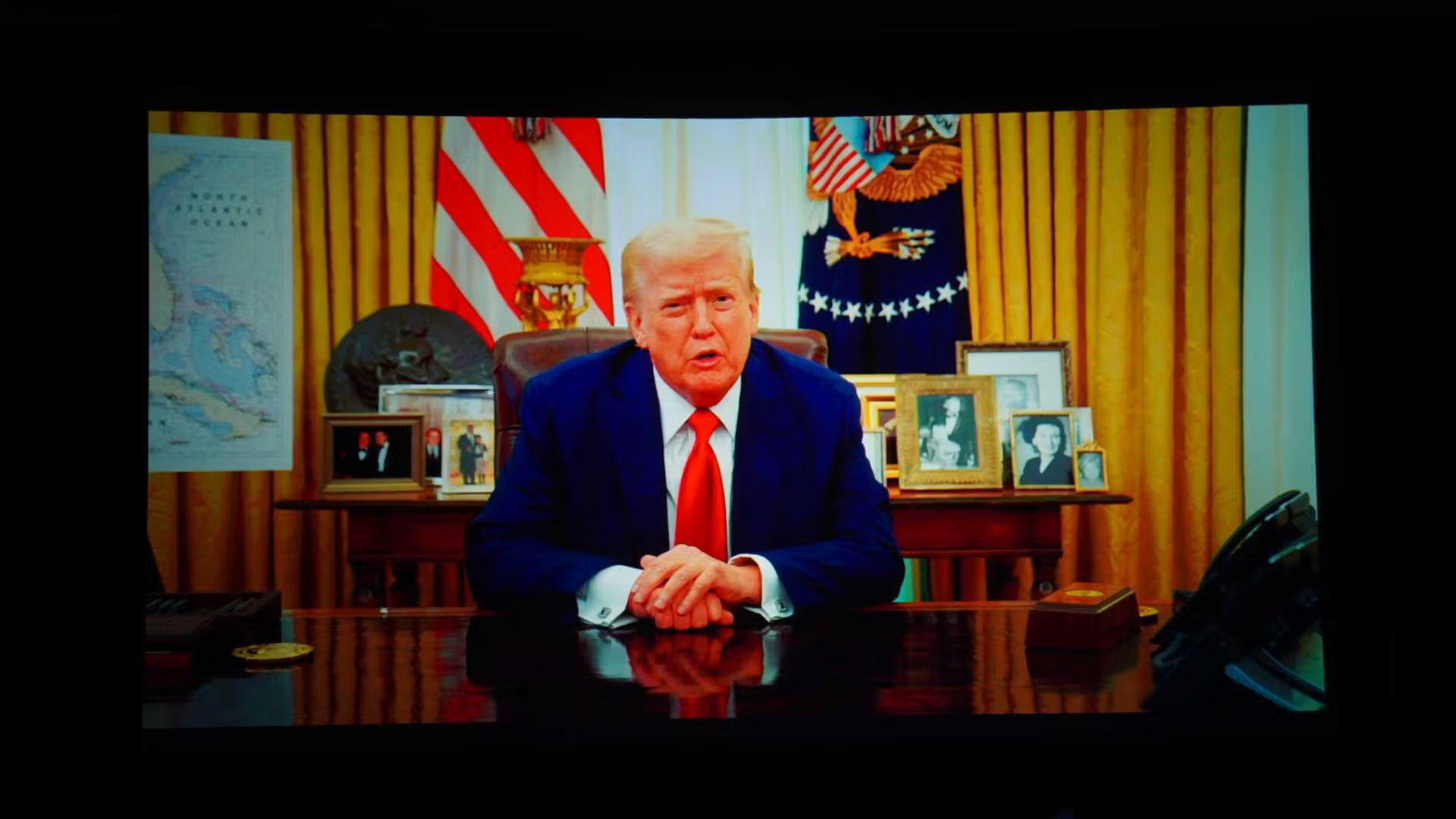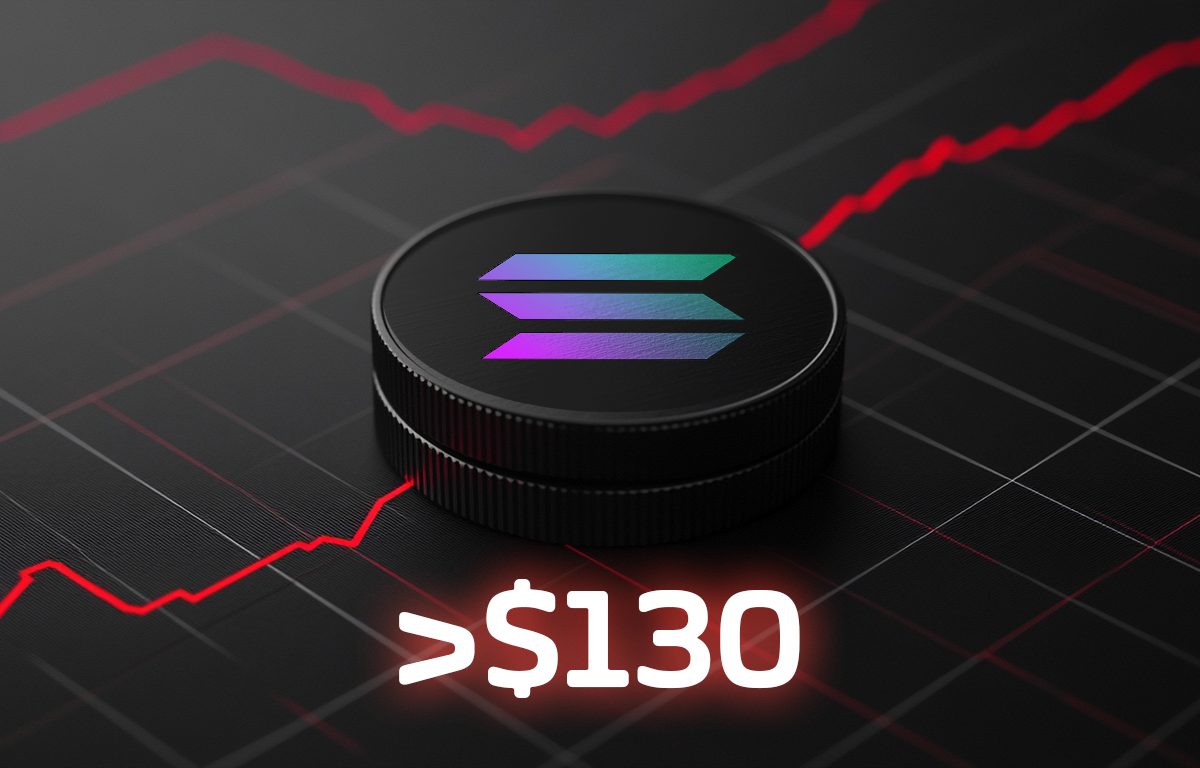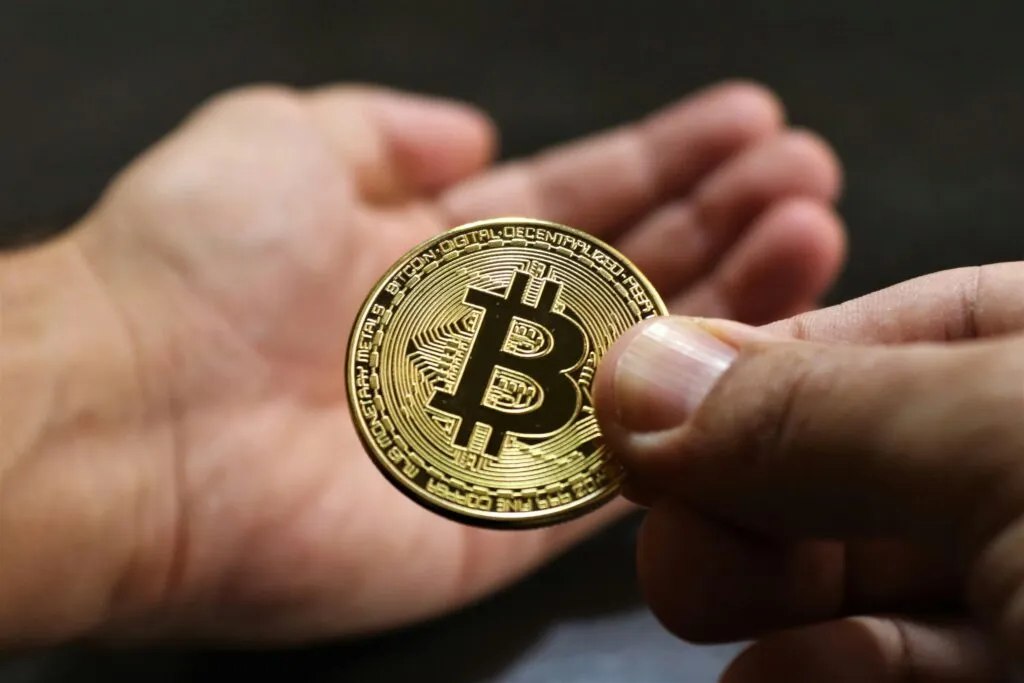Reactions of Traders to U.S. Tariffs: Bitcoin as a Safe Haven Asset
The global economic landscape has been undergoing significant shifts, with trade tensions between major economies taking center stage. The U.S., in particular, has been imposing tariffs on various imports, sparking concerns about the potential impact on financial markets. Amid this volatility, traders are turning to Bitcoin as a potential safe haven asset.
Bitcoin as a Capital Preservation Tool
Bitcoin, the world’s first decentralized digital currency, has long been touted as a store of value and a hedge against inflation. Its scarce supply, limited to 21 million coins, makes it an attractive alternative to traditional assets like gold and fiat currencies.
As tensions between the U.S. and its trading partners escalate, some investors are looking to Bitcoin as a way to preserve capital. The digital currency’s decentralized nature, coupled with its limited supply, makes it less susceptible to the economic policies of individual governments.
Price Reactions
The U.S. tariffs have led to a surge in Bitcoin’s price, with some traders targeting the $70,000 level. This price increase can be attributed to a combination of factors, including increased demand for safe haven assets, geopolitical uncertainty, and a weakening U.S. dollar.
- Safe Haven Demand: As global economic tensions rise, investors are seeking out assets that can protect their wealth from potential losses. Bitcoin’s limited supply and decentralized nature make it an attractive option for those looking to hedge against inflation and economic instability.
- Geopolitical Uncertainty: The ongoing trade tensions between the U.S. and its trading partners have created a sense of uncertainty in financial markets. Bitcoin’s decentralized nature and limited supply make it less susceptible to the economic policies of individual governments, making it a potentially attractive alternative to traditional assets.
- Weakening U.S. Dollar: The U.S. dollar has been weakening against other major currencies, making Bitcoin an increasingly attractive option for investors looking to diversify their portfolios.
Effects on Individuals
For individuals, the U.S. tariffs and the resulting market volatility can have a significant impact on their investments and financial planning. Those with large holdings in traditional assets, such as stocks and bonds, may be looking to diversify their portfolios by investing in safe haven assets like Bitcoin.
Additionally, the increasing popularity of Bitcoin as a safe haven asset may lead to more mainstream adoption of the digital currency. This could result in increased availability of Bitcoin-related products and services, making it easier for individuals to invest in and use the digital currency.
Effects on the World
The U.S. tariffs and the resulting market volatility are not just impacting individual investors, but also the global economy as a whole. The increased demand for safe haven assets like Bitcoin could lead to further appreciation of the digital currency’s price.
Additionally, the U.S. tariffs could lead to a shift in the global economic landscape, with countries looking to reduce their reliance on the U.S. dollar and explore alternative trade arrangements. This could further boost the appeal of decentralized digital currencies like Bitcoin as a potential alternative to traditional fiat currencies.
Conclusion
The ongoing trade tensions between major economies, particularly the U.S., have led to increased volatility in financial markets. Amid this uncertainty, traders are turning to Bitcoin as a potential safe haven asset, driving up its price and increasing demand for the digital currency.
For individuals, this market volatility and the increasing popularity of Bitcoin as a safe haven asset present both opportunities and challenges. Those with large holdings in traditional assets may be looking to diversify their portfolios, while the increasing availability of Bitcoin-related products and services makes it easier than ever to invest in and use the digital currency.
For the world, the U.S. tariffs and the resulting market volatility could lead to a shift in the global economic landscape, with countries looking to reduce their reliance on traditional fiat currencies and explore alternative trade arrangements. The increasing appeal of decentralized digital currencies like Bitcoin as a potential alternative to traditional fiat currencies could further boost the digital currency’s price and mainstream adoption.





